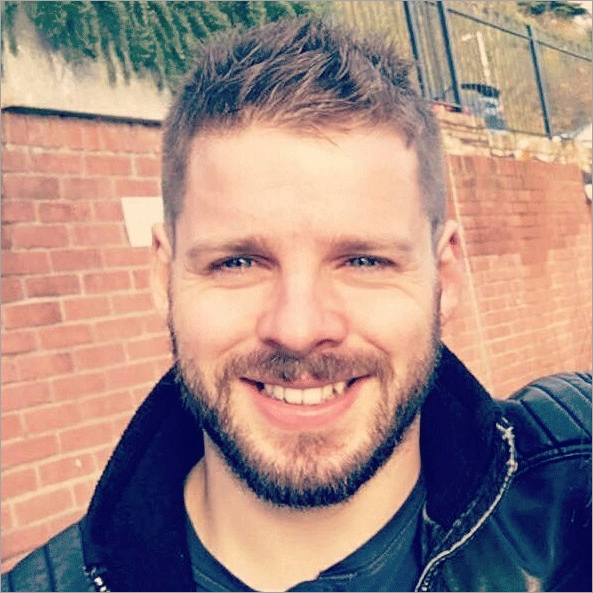
Mark Bracher
Mark Bracher
MRes Middle East Studies (Dec 2016)
What has been the highlight of your time at Exeter?
For me, the highlight of my time at Exeter has been getting to meet so many people from so many diverse backgrounds. As a student of Middle East Studies, with only limited experience of my own in the Middle East, the chance to get to know people from the region hugely broadened my horizons and challenged my pre-conceptions. I also enjoyed making use of the university’s fantastic sports facilities, which gave me the opportunity to become involved in martial arts, which had long been an ambition of mine.
What have you enjoyed about your course/studying within your discipline?
Studying for an MRes in Middle East Studies was challenging but rewarding. For me, the highlights were studying Arabic and undertaking an “Independent Reading” module, which allowed me to pursue a research topic of my own choice – with the assistance of one of the University’s teaching staff. This allowed me to devote time researching an area tangential to my main focus of study, which would, ordinarily, have been unfeasible due to constraints of time.
What will you be doing now that you have graduated – could you give some detail on your next employment/further study opportunity?
I am currently undertaking the first year of my PhD at the Institute of Arab and Islamic Studies, at the University of Exeter. My research focusses on the dynamics of religious extremism, with a particular focus on Sunni Islamic extremism in contemporary Lebanon.
How did your course/extra-curricular activities set you up for your future employment/further study?
I undertook the MRes in Middle East Studies as part of a PhD studentship. The course was directly aimed towards preparing students for further academic study and focussed on providing the skills required to undertake a PhD in social scientific research. As such, it was largely methodology based; which filled an important gap in my knowledge, as many masters of arts schemes do not focus heavily on methodology. On top of this, the course devoted time to cultivate a better understanding of the more philosophical issues and aspects of conducting social scientific research, which helped me to develop a more focussed, critical and discerning mind-set towards my research and my pre-conceptions. The course also allowed time to undertake language training alongside optional modules of personal interest. For someone hoping to conduct field research in the Middle East during my PhD studies, the opportunity to study Arabic was invaluable. The course was challenging but rewarding and, with hindsight, I view it as an essential stepping stone – post-Master of Arts – in preparing me to undertake my PhD.
